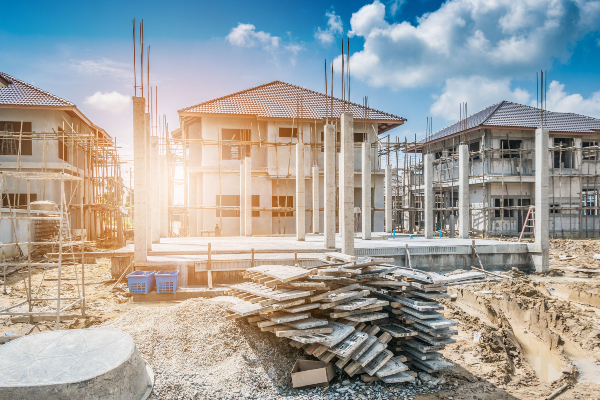The property market in Malaysia has witnessed significant growth over the past few decades, largely driven by the rise of property companies that have transformed the country’s real estate landscape. These companies have been instrumental in shaping Malaysia’s urban and suburban environments, from developing high-rise condominiums in bustling cities like Kuala Lumpur to creating expansive residential communities in growing regions like Johor and Penang. As Malaysia’s economy has evolved, property companies have become key players in contributing to the nation’s development, offering both residential and commercial projects that cater to the diverse needs of the population.
One of the most significant factors contributing to the success of property companies in Malaysia is the country’s rapid urbanization. As more people move to cities in search of better job opportunities and quality of life, the demand for housing and commercial spaces has surged. Property companies have responded by developing large-scale residential projects and commercial hubs to meet the growing demand for real estate. High-rise condominiums, mixed-use developments, and office towers have become iconic parts of Malaysia’s modern skyline, particularly in urban centers such as Kuala Lumpur, where space is limited, and vertical growth has become the norm.
These property companies have diversified their portfolios to cater to a range of buyers, from first-time homeowners to high-end investors. The affordability of properties is a significant concern in Malaysia, and developers have introduced various initiatives to create homes for different segments of the market. Affordable housing projects and government schemes have allowed young families and lower-income buyers to enter the property market. On the other end of the spectrum, luxury developments offer exclusive features such as private pools, concierge services, and panoramic views, attracting affluent buyers and foreign investors. This diversity has allowed property companies to thrive by offering products that suit a wide range of financial capabilities.
In addition to residential developments, property companies in Malaysia have played a crucial role in boosting the country’s commercial real estate sector. These companies have been responsible for creating business parks, shopping malls, and office complexes that serve as key economic hubs. Kuala Lumpur, for instance, has seen the development of iconic commercial buildings such as the Petronas Twin Towers and the Kuala Lumpur City Centre (KLCC), which are home to global businesses and multinational corporations. Property companies have also expanded their focus to include mixed-use developments, which integrate residential, commercial, and leisure spaces into a single project, offering a convenient and dynamic lifestyle for residents and businesses alike.

Sustainability has emerged as a key focus for affordable property in kl, as environmental concerns continue to grow both locally and globally. Developers are increasingly incorporating green building practices and eco-friendly materials into their projects, aiming to reduce carbon footprints and create more sustainable urban environments. Features such as energy-efficient appliances, solar panels, and green spaces have become standard in many new developments. These efforts are not only beneficial for the environment but also add value to properties, as buyers and investors become more conscious of the long-term sustainability of their investments. Property companies that prioritize sustainability are positioned to attract a growing segment of eco-conscious consumers.
The future of property companies in Malaysia looks promising, with continued growth expected as the country’s economy strengthens and urbanization trends persist. As Malaysia becomes more integrated into the global economy, property companies are likely to see increased interest from foreign investors, particularly in regions like Kuala Lumpur and Iskandar Malaysia, which have been identified as key growth areas. Additionally, advancements in technology are set to revolutionize the way property companies operate, with innovations such as smart buildings, automated property management systems, and virtual property tours enhancing the real estate experience for both developers and consumers. These developments will shape the future of the industry, allowing property companies to remain competitive in a rapidly changing market.
In conclusion, property companies in Malaysia have played an instrumental role in shaping the country’s real estate landscape, contributing to both residential and commercial developments that cater to a wide range of needs. As the demand for housing and commercial spaces continues to grow, these companies have adapted by diversifying their portfolios, focusing on sustainability, and embracing technological innovations. The impact of property companies extends beyond buildings; they are essential drivers of economic growth and urban development, providing opportunities for both local and foreign investors. As Malaysia continues to evolve, the role of property companies will remain critical in shaping the nation’s future, creating spaces that reflect the needs and aspirations of a modern and dynamic society.


